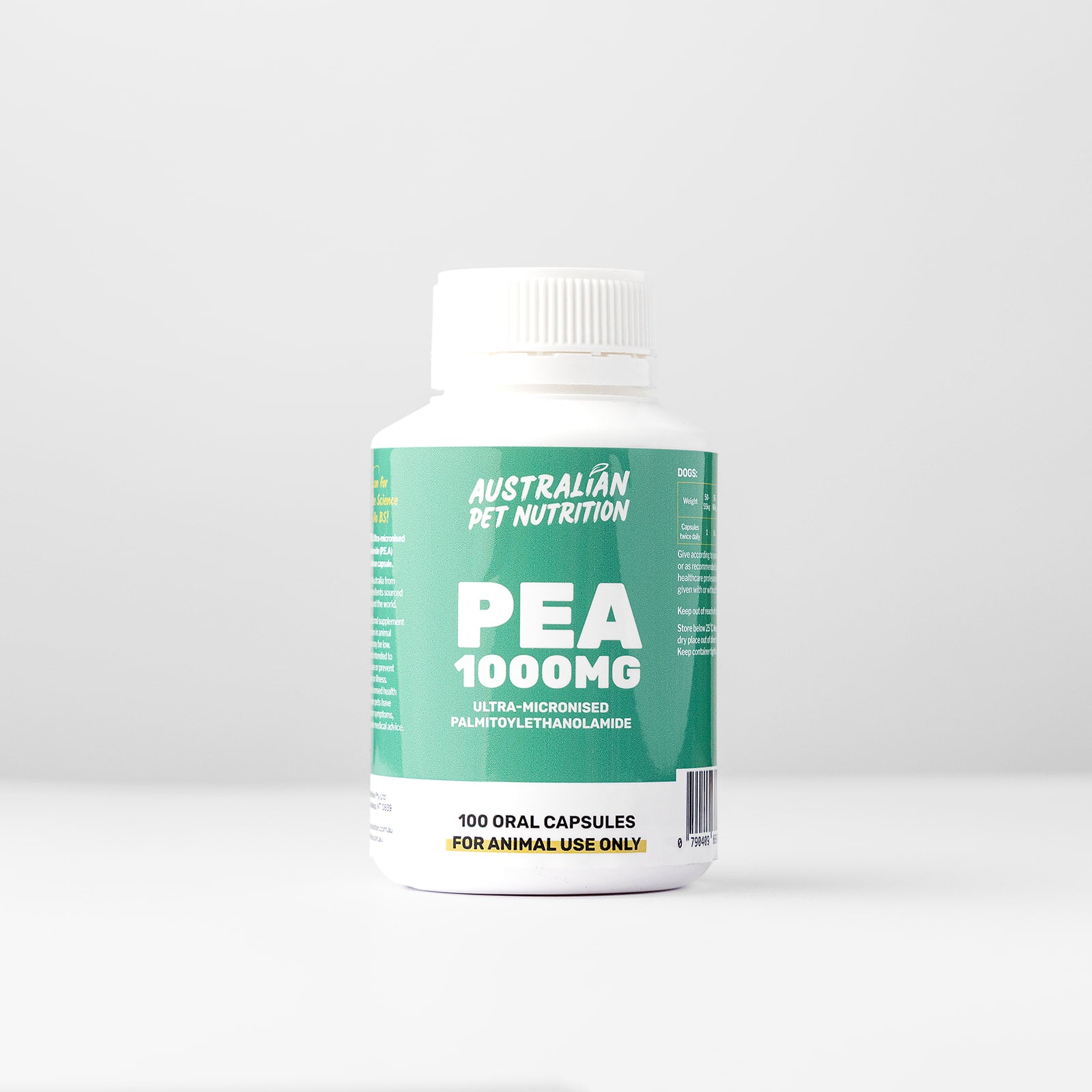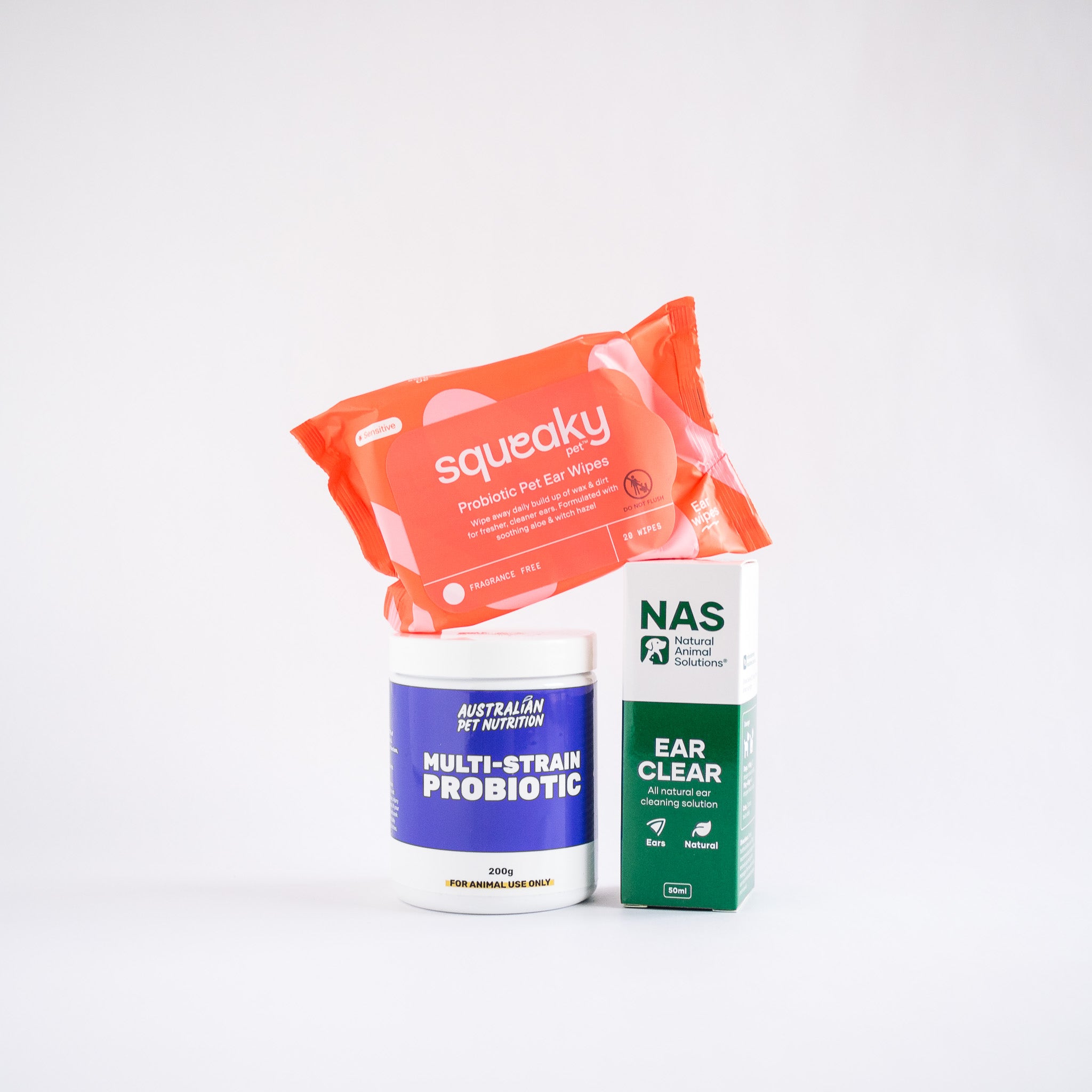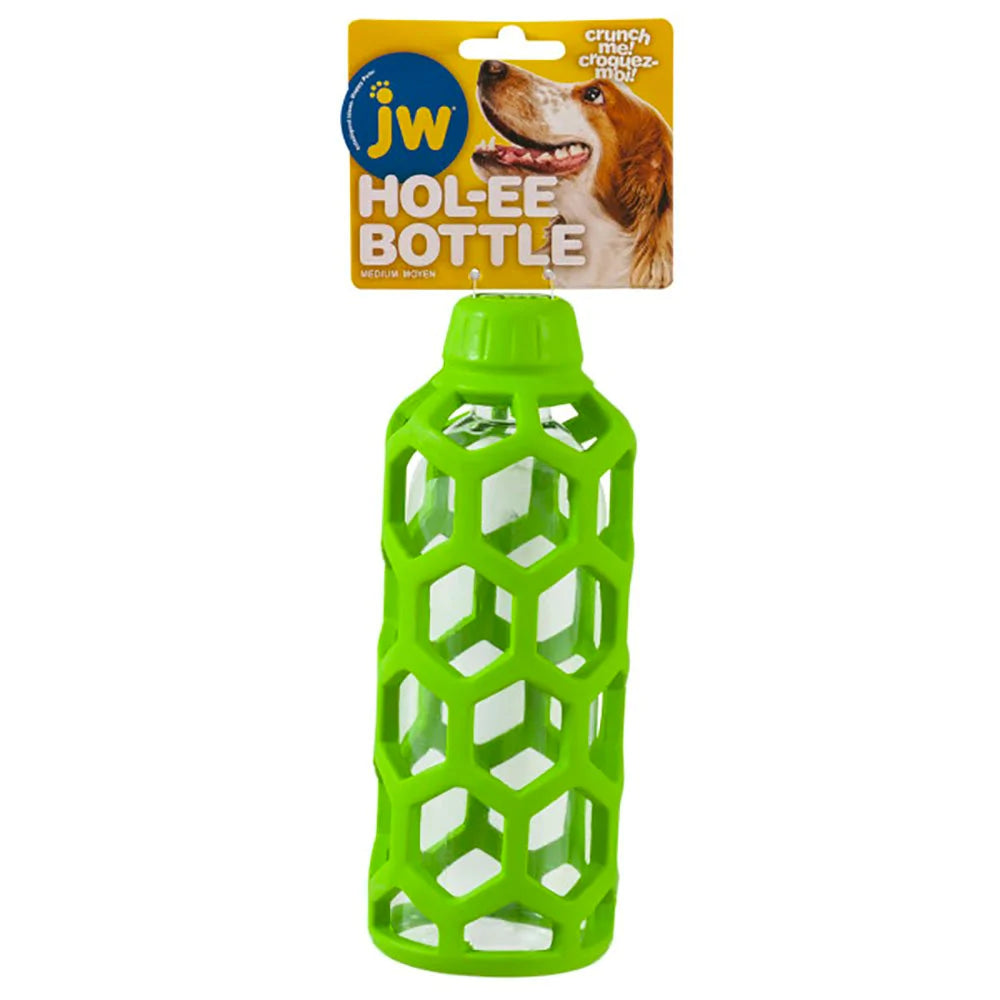Why Chicken and Rice May Not Be the Best Bland Diet for Sick Dogs
It’s a stock-standard line we’ve all heard when a dog has digestive upset: “Just feed some chicken and rice.”
But if we take a closer look, these two “bland foods” may not be the best choice for a sick dog — in fact, they could make things worse.
The Problem with Rice
Rice is a grain, and grains are inherently inflammatory for many dogs. They’re also difficult for dogs to digest — the body has to work hard to break them down.
Rice is also pure carbohydrate, and dogs have very little nutritional requirement for carbs in their diet. White rice, in particular, has a high glycemic index, meaning it causes a rapid spike in blood sugar levels. For a dog already dealing with gastrointestinal inflammation, this starchy, fast-burning food is far from ideal.
Why Chicken Can Be an Issue
Chicken is one of the most common protein intolerances in dogs. There are two main theories why:
-
Farming practices – Most chicken consumed today is factory-farmed. These birds are fed grains (often genetically modified), routinely given antibiotics, growth hormones, and multiple vaccines during their short lives. It’s no surprise that some dogs react poorly. Some dogs do better with organic chicken, but it’s not guaranteed.
-
Vaccine sensitivity – Some integrative vets suggest that frequent canine vaccines may play a role in chicken sensitivities, though more research is needed.
On top of this, chicken is considered a “hot food” in Chinese medicine, meaning it creates internal heat and inflammation. When a dog is sick, we want to feed cooling foods that help calm and rebalance the body, not foods that add more “heat.”
A Better Alternative: Pumpkin and Turkey
So what should you feed a sick dog instead?
Holistic veterinarian Dr. Karen Becker recommends a bland diet of boiled, fat-free turkey (ground turkey or turkey breast) paired with cooked or canned 100% pumpkin.
Here’s why pumpkin is a much better choice than rice:
-
High in soluble fibre – A cup of pumpkin contains 7 grams of soluble fibre compared to just 1.2 grams in white rice. Soluble fibre forms a gel that soothes the digestive tract, slows down gut transit time, and reduces episodes of diarrhoea.
-
Rich in potassium – Dogs with diarrhoea can lose electrolytes like potassium, leading to fatigue, weakness, or irregular heartbeat. Pumpkin provides over 500 mg of potassium per cup, helping to restore balance naturally.
-
Supports blood sugar regulation – Unlike rice, pumpkin is safer for diabetic dogs. Research suggests pumpkin extracts may even help support pancreatic beta-cell function (the cells that produce insulin).
-
Easier to digest – Unlike rice, which often passes through undigested, pumpkin is well-absorbed and truly supports recovery.
Why Pumpkin Beats Rice Every Time
Rice may be “bland,” but it isn’t species-appropriate for carnivores like dogs. It’s unnecessary, potentially inflammatory, and can even contain contaminants like arsenic. Feeding rice to a dog with GI upset may soothe symptoms temporarily but doesn’t address the underlying problem — and in many cases, it doesn’t fully work.
Pumpkin, on the other hand, offers natural fibre, nutrients, and gentle digestive support. Combined with lean turkey, it provides a soothing, healing meal that truly supports your dog’s recovery.
References
-
Carciofi, A. C., et al. (2008). Effects of six carbohydrate sources on dog diet digestibility and postprandial glucose and insulin response. Animal Feed Science and Technology, 141(3–4), 339–355.
-
De-Oliveira, L. D., et al. (2008). Nutrient digestibility and metabolizable energy of several carbohydrate sources for dogs. Animal Feed Science and Technology, 141(3–4), 308–324.
-
Laflamme, D. (2019). Carbohydrates in dog and cat nutrition: A review. Journal of the American Veterinary Medical Association, 255(5), 546–554.
-
Becker, K. (2014). Pumpkin as a better fiber source than rice for dogs with digestive upset. Healthy Pets, Mercola.








